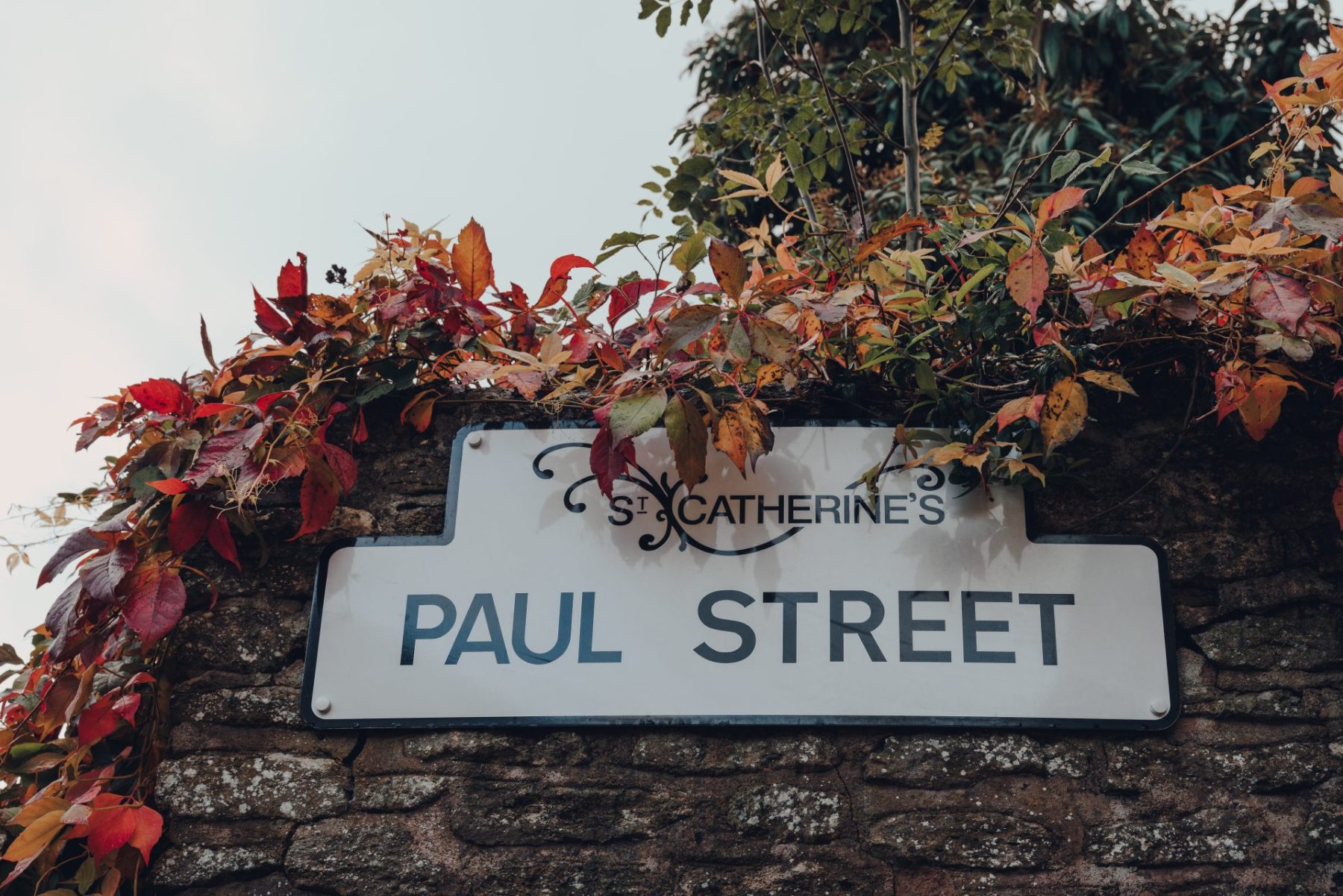

Written by
Caroline Polder
Trainee Licensed Conveyancer
Before venturing into the realm of Airbnb hosting, it’s essential to carefully examine your property’s deeds. You should ensure that your intended use does not breach any covenants in your deeds. For those who own leasehold properties, it’s especially vital to check that your plans won’t violate the terms of your lease agreement.
Restrictive covenants, commonly present in leases and often in new build properties or houses within housing estates, serve the purpose of allowing developers to maintain some control over property’s use and enjoyment, while benefiting neighbouring occupants. One common covenant is to limit the property use solely to a private residential dwelling.
In the case of Nemcova v Fairfield Rents Ltd (2016), the Upper Tribunal ruled that engaging in short-term Airbnb-style rentals constituted a breach of the lease covenant, which stipulated the flat’s exclusive use as a private residence. The tribunal acknowledged that not all rentals would breach these covenants but emphasised the need for a level of permanence beyond brief weekend or nightly stays for a property to be regarded as an occupier’s private residence. Consequently, most short-term Airbnb-style rentals are likely to be considered violations of covenants restricting property use to private residences.
In a subsequent case, Bermondsey Exchange Freeholders Ltd v Ninos Koumetto (2018), the court determined that leasing premises on a short-term basis would breach a covenant meant for residential use, as this type of rental qualified as commercial letting.
In Triplerose Ltd v Beattie and another [2020] UKUT 180 (LC)……. Upper Tribunal held on the first point, and “on the facts found by the FTT the individuals who occupied the flat for weekends or other short periods after responding to internet advertisements were not using the flat as a private dwellinghouse for occupation by one family at any one time. By permitting that use Mr and Mrs Beattie were in breach of the user covenant in their lease.
It was accepted that the use as a private dwelling did not mean that only the Beatties could occupy the flat but merely that whoever does occupy from time to time must use the flat as their dwelling. In line with Nemcova, the temporary holiday type use is seen as not commensurate with such requirement.
On the second point, the Tribunal considered whether the taking of paying guests was a breach of the prohibition against carrying on a business upon the premises. The Tribunal found that it was not.
Important Considerations: Prior to permitting any short-term rentals, it’s imperative to review your property deeds, mortgage terms, and lease agreements (if applicable) to identify any potential restrictions against this kind of use.
Pay particular attention to the following covenants:
Breaching a lease covenant could lead to lease forfeiture and property repossession by the landlord. Breaching a restrictive covenant in a freehold property could lead to an injunction and damages. Additionally, violating mortgage conditions, even with a buy-to-let mortgage, is likely if the rentals don’t meet your mortgage criteria.
Key Takeaway: Those considering short-term holiday or weekend rentals must carefully review their title documents first.
This article is intended for guidance only – 2023
Trainee Licensed Conveyancer

Partner
